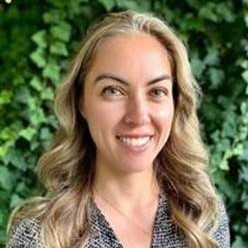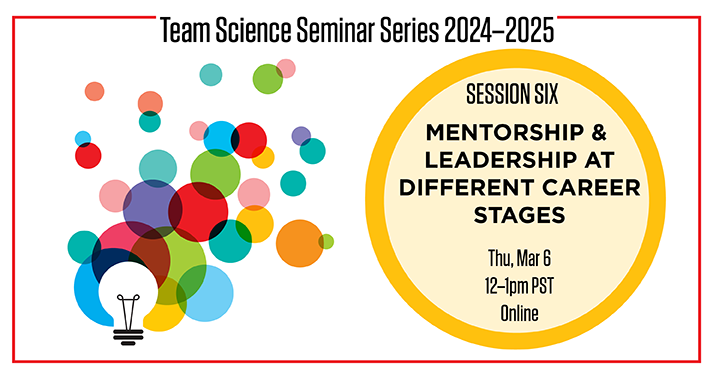
14 Jun The Ins and Outs of Being a Good Research Mentee
Register below to receive Zoom link.
Description
This session will examine data supporting the benefits of a positive mentor-mentee relationship and define other critical supportive roles, including sponsors and allies. Principles core to optimizing a mentoring relationship will be discussed, and approaches to augment career development through individual development planning and peer mentorship will be reviewed.
Learning Objectives
At the end of the session, participants will be able to:
- Distinguish mentorship from sponsorship and allyship
- Define the potential benefits of a working mentee-mentor relationship
- Recognize the features of an effective mentee
- Understand how an individual development plan can clarify goals, strengths and development needs
- Identify two methods to structure peer mentorship
Schedule of Activities
- 12:00-12:10pm – Welcome, Overview, Introductions
- 12:10-1:25pm – Presentation and Q&A
- 1:25-1:30pm – Thank You and Feedback Survey
About the Speaker
 Allison Lambert, MD, MHS, is a practicing pulmonary and critical care physician; NIH-funded clinical investigator; and Assistant Professor of Medicine at the University of Washington School of Medicine. She is the Director of the Adult Cystic Fibrosis Program and co-leads the Therapeutic Development Network program at Providence Sacred Heart Medical Center. She serves on the Regional Executive Committee for the Institute for Translational Health Sciences at the University of Washington and is the incoming Co-Director of the Northwest Participant and Clinical Interactions Network in March 2022.
Allison Lambert, MD, MHS, is a practicing pulmonary and critical care physician; NIH-funded clinical investigator; and Assistant Professor of Medicine at the University of Washington School of Medicine. She is the Director of the Adult Cystic Fibrosis Program and co-leads the Therapeutic Development Network program at Providence Sacred Heart Medical Center. She serves on the Regional Executive Committee for the Institute for Translational Health Sciences at the University of Washington and is the incoming Co-Director of the Northwest Participant and Clinical Interactions Network in March 2022.
Dr. Lambert’s research focuses on sex differences in morbidity among persons with chronic obstructive pulmonary disorder and improving access to care and outcomes and remote dwelling persons with cystic fibrosis. She is actively involved in both clinical care and clinical trialism related to the care of patients with COVID-19. She is dedicated to increasing access to clinical and translational research for rural and remote dwelling populations.







